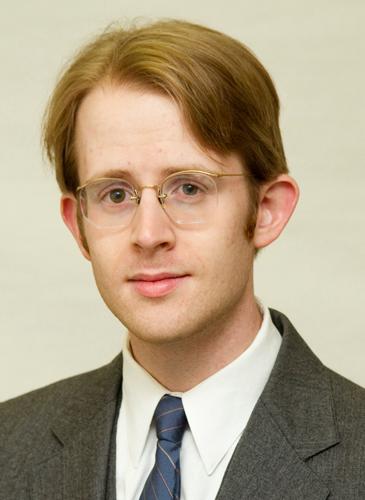Of the subjects commonly taught in universities, it could easily be argued that mathematics is the most zealously avoided.
In high school, a large contingent of students decide that the math they are learning is likely to be of little use to them, and while mathematics can serve as mere mental calisthenics, there is truth to the notion that some high school math – imaginary numbers come to mind – will be of little use to most people.
Though I did not hate math, I sought to avoid it when I got to college. What has happened between then and now is too convoluted a story to tell here, but I now spend more than twice as much time in math classes than I do eating.
At some point I observed that, despite my own burning interest, there were very few others who shared my passion. Indeed, mathematics does not seem to enjoy the popularity that I believe it deserves. Many students question the utility of a course like differential calculus, but business and pre-health students must complete or test out of such a course even though they are unlikely to encounter differential calculus in their careers. Indeed, I agree that single-variable, differential calculus is not very useful on its own. To equip one’s mathematical toolkit with differential calculus alone seems to me like stocking one’s linen closet with several pillowcases but no sheets.
Even statistics, which most students will concede is useful, is often disregarded. “Excel does everything,” is the refrain, and many students approach the subject with underwhelming effort. There are pitfalls to relying upon computers, however: When they give up on finding syntax errors, computers can be coerced into spitting out a number. Whether or not the number means anything is subject to interpretation. Someone blindly following Excel risks making the sorts of spurious inferences that can come about when people (usually quite blissfully) ignore a critical theoretical assumption. The progress of computers, far from making mathematics obsolete, has increased its importance manifold.
Perhaps the greatest obstacle is fear. Mathematics is often shrouded in mysterious symbols and highly technical vocabulary. I do hope, however, that people remember that applied mathematics generally strives for some non-mathematical goal, and that people can read about singular value decompositions while still understanding that the ultimate purpose is, for example, to see if two people who answered questionnaires have compatible personality traits.
Mathematics offers splendid solutions to some seemingly intractable problems. The growth of the Internet – the mere existence of Wolfram Alpha as a free service – has made our time quite possibly the most exciting time so far for the study of mathematics.
Ed Seyler can be reached at [email protected]


















